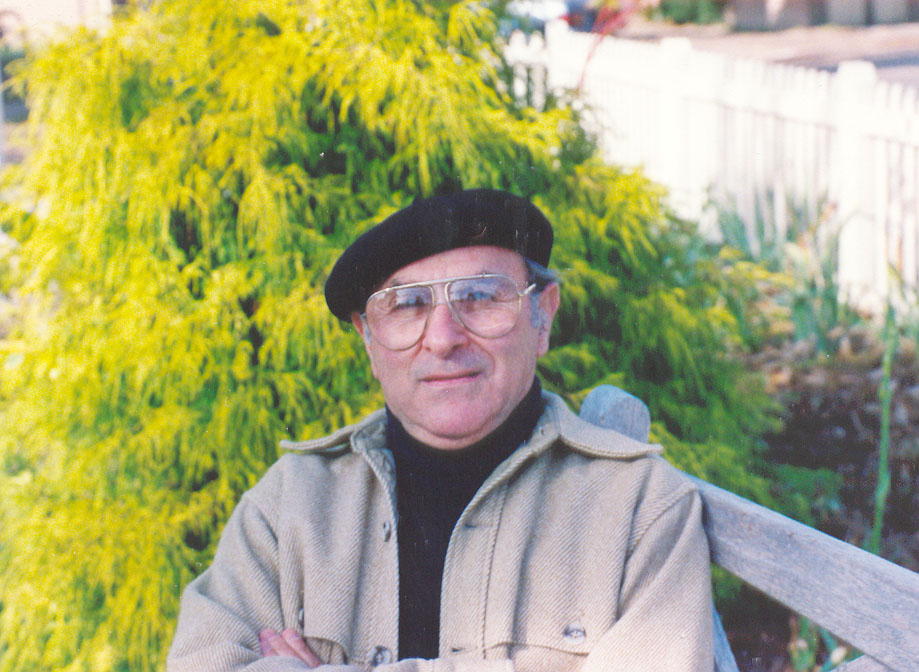
Frank Shatz
Shatz, a Williamsburg resident, is the author of “Reports from a Distant Place,” a compilation of his selected columns. The book is available at the Bruton Parish Shop and Amazon.com
First of two parts
The late Prof. Samuel P. Huntington, a preeminent American political scientist spent more than half a century at Harvard University where he was director of Harvard's Center for International Affairs. He helped shape American's view on civilian-military relations.
According to Prof. Huntington, civilian control of the military is a doctrine in military and political science that places ultimate responsibility for a country's defense in the hands of the civilian political leadership. The civilian control ideal, Huntington wrote, "Is the proper subordination of a competent, professional military to the ends of policy determined by civilian authority."
The California-based Center for Citizen-Initiatives sent me recently a copy of an article written by Robert E. Hunter, U.S. Ambassador to NATO from 1993-1998, who also held many strategic positions since 1970. In his article Hunter spells out a sharply different position from the one held by the Obama administration, its supporters, and the mainstream media concerning U.S.-Russia relations.
Hunter wrote, "The United States and Russia are now at daggers-drawn over Syria. Following the collapse of the ceasefire negotiated last month by Secretary John Kerry and Foreign Minister Sergei Lavrov, the United States has abandoned talks with Russians on Syria. Meanwhile, in a supposedly unrelated part of the relationship, Russia has suspended the 2,000 agreement between the two countries on ridding themselves of excess stocks of weapons-grade plutonium."
He continued: "The American-Russian standoff on Syria marks a decisive point in the effort, since the Soviet Union collapsed in 1991, to see whether Russia can live at peace with its neighbors and others, neither threatening them nor feeling – rightly or wrongly – threatened by one or more of them, notably the United States."
Hunter noted that the West's victory in the Cold War was nearly total. But it would have been unrealistic to expect that the largest part of the USSR, the Russian Federation, would remain the third-rate power it had suddenly become. The most relevant question was whether Russia's natural and ineluctable ambitions could be accommodated by embedding the country in a system of secure political and economic relationships, especially with other European countries, the United States and Canada. President George H. W. Bush tried, by advancing a vision of a "Europe whole and free and at peace."
According to Hunter, Russia embraced much of what the West proposed to implement this vision of a Europe, though reluctantly. "Unfortunately, the West and the United States in particular stopped caring whether Russia could be included in Europe as a respected and serious, if not exactly an equal, member. The West ignored Moscow's opposition to NATO's 1999 intervention in Kosovo.... The U.S. pressed for more countries to join NATO, butting up against Russia's frontiers, without engaging with Russia on the subject," he wrote.
Then the conflict in Ukraine moved front and center. This led to Western sanctions on Russia, a buildup of both NATO and Russian military power in Europe, diplomatic and political stalemate, and a virtual end to efforts, on both sides, to see whether Russia could be part of a "Europe whole and free".
"Ominously, there has been talk in both the United States and Russia about a new Cold War", Hunter writes, "Senior U.S. military leaders saying that Russia poses an 'existential threat' to the United States. A judgment, that is both nonsense and potentially dangerous."
To get an expert's take on Ambassador Hunter's stance on U.S.-Russian relations, I turned to Col. Boyd Nix, USAF (Ret.) of Williamsburg. He served as Director of Armaments Cooperation and National Armaments Director Representative at the U.S. Mission to NATO in Brussels, Belgium, from 1995 to 1999. He worked closely with Hunter at NATO and was his escort officer to the European Air Shows.
Second part: Col. Nix's response



_jpg/250px-ElbeDay1945_(NARA_ww2-121).jpg)





